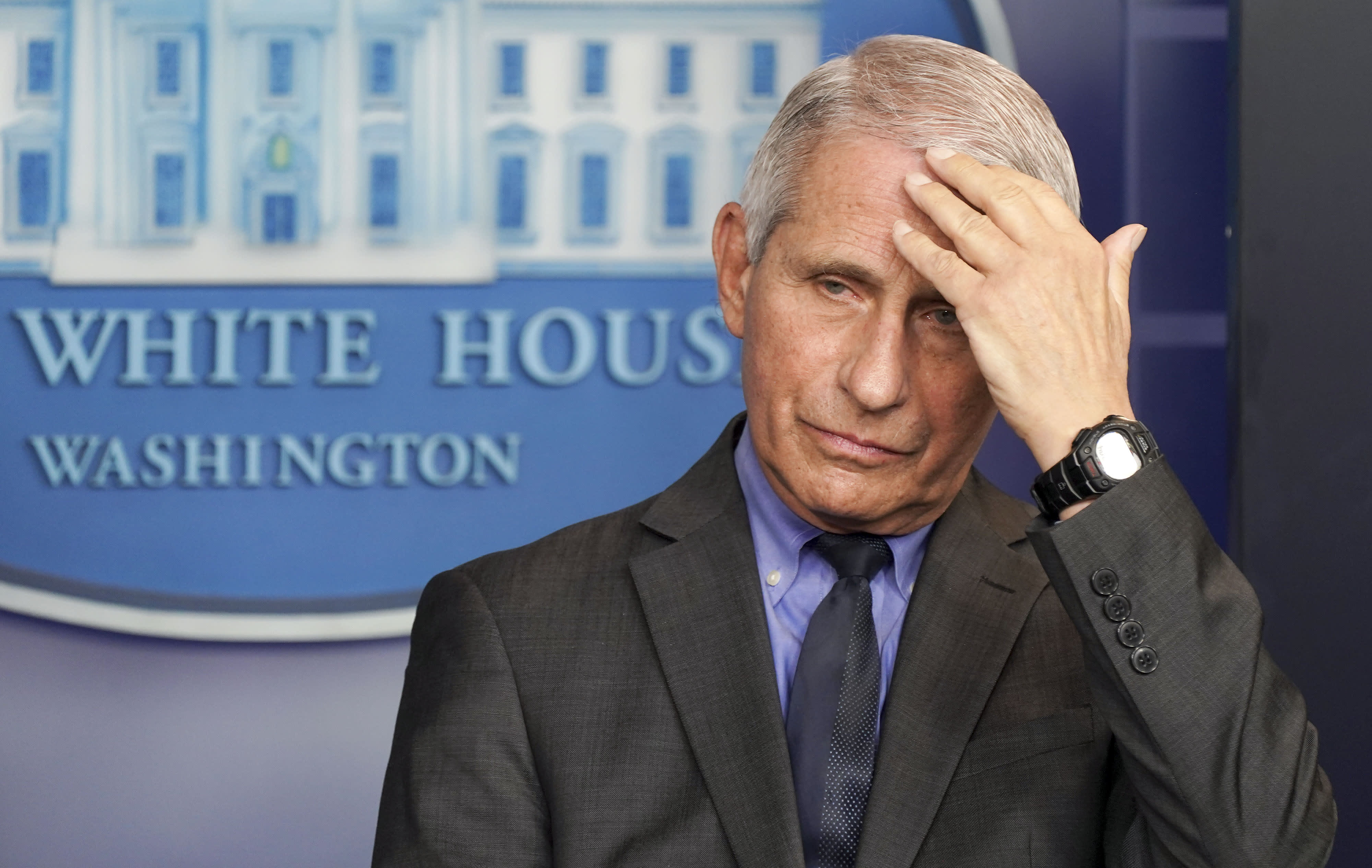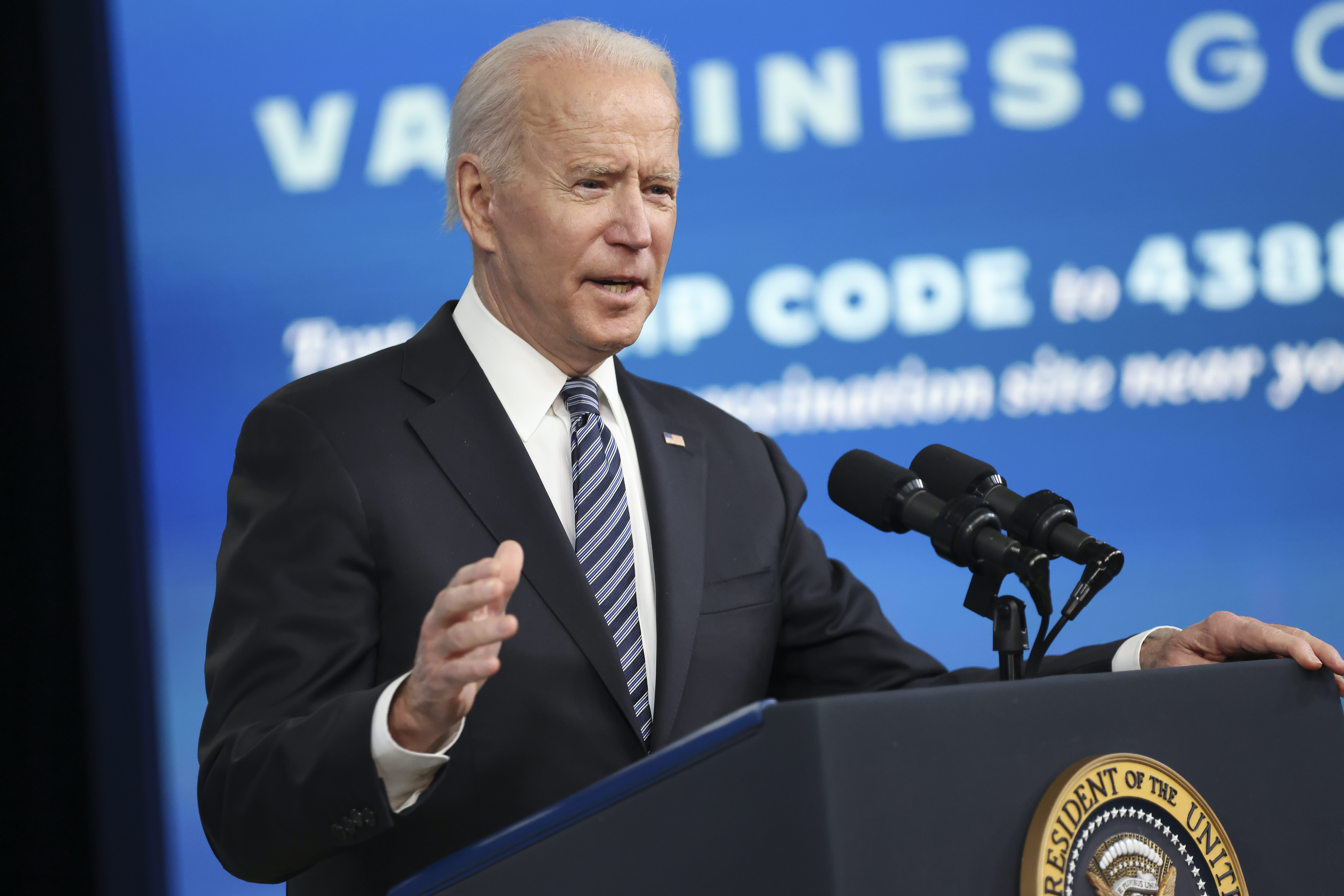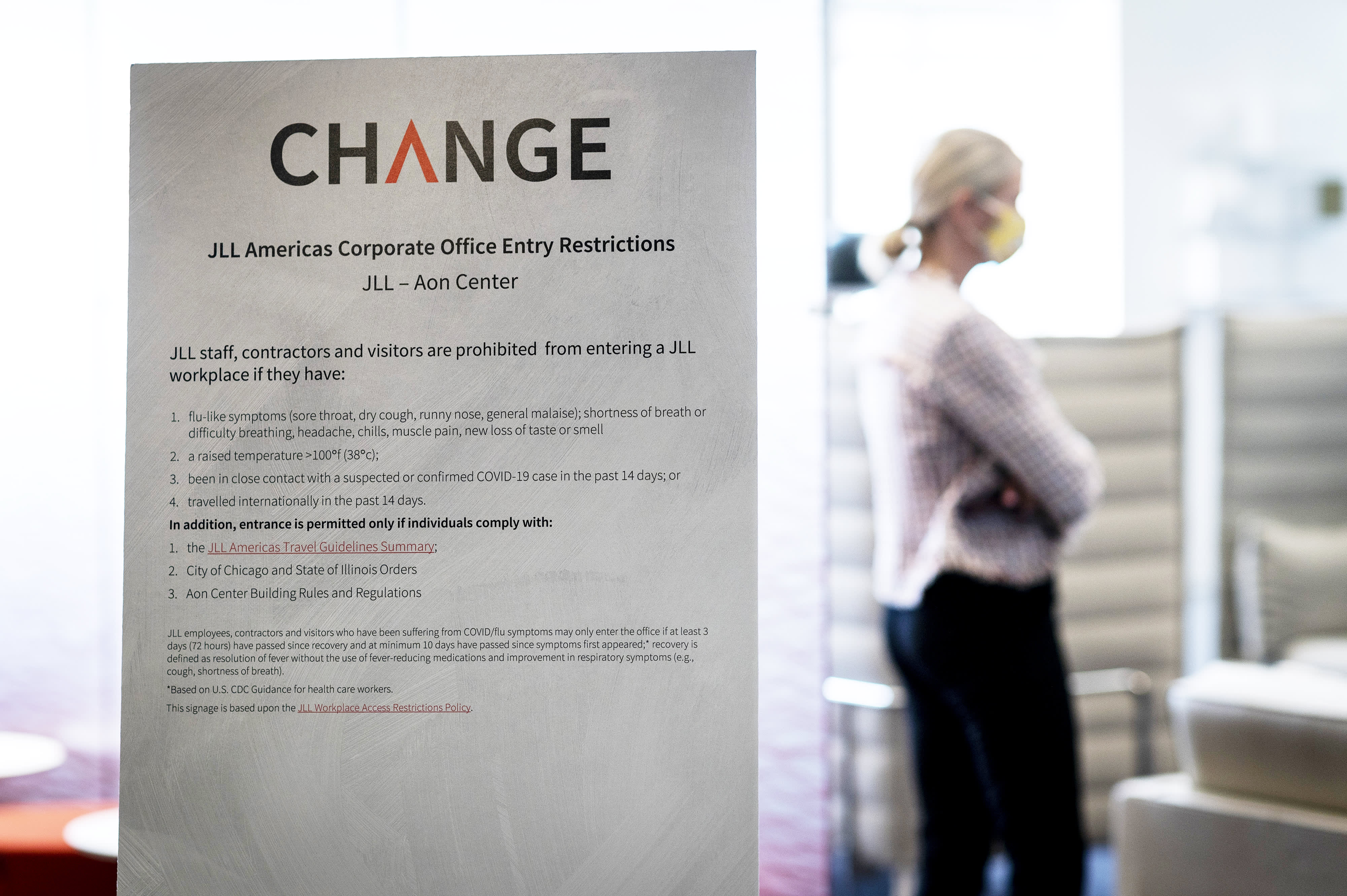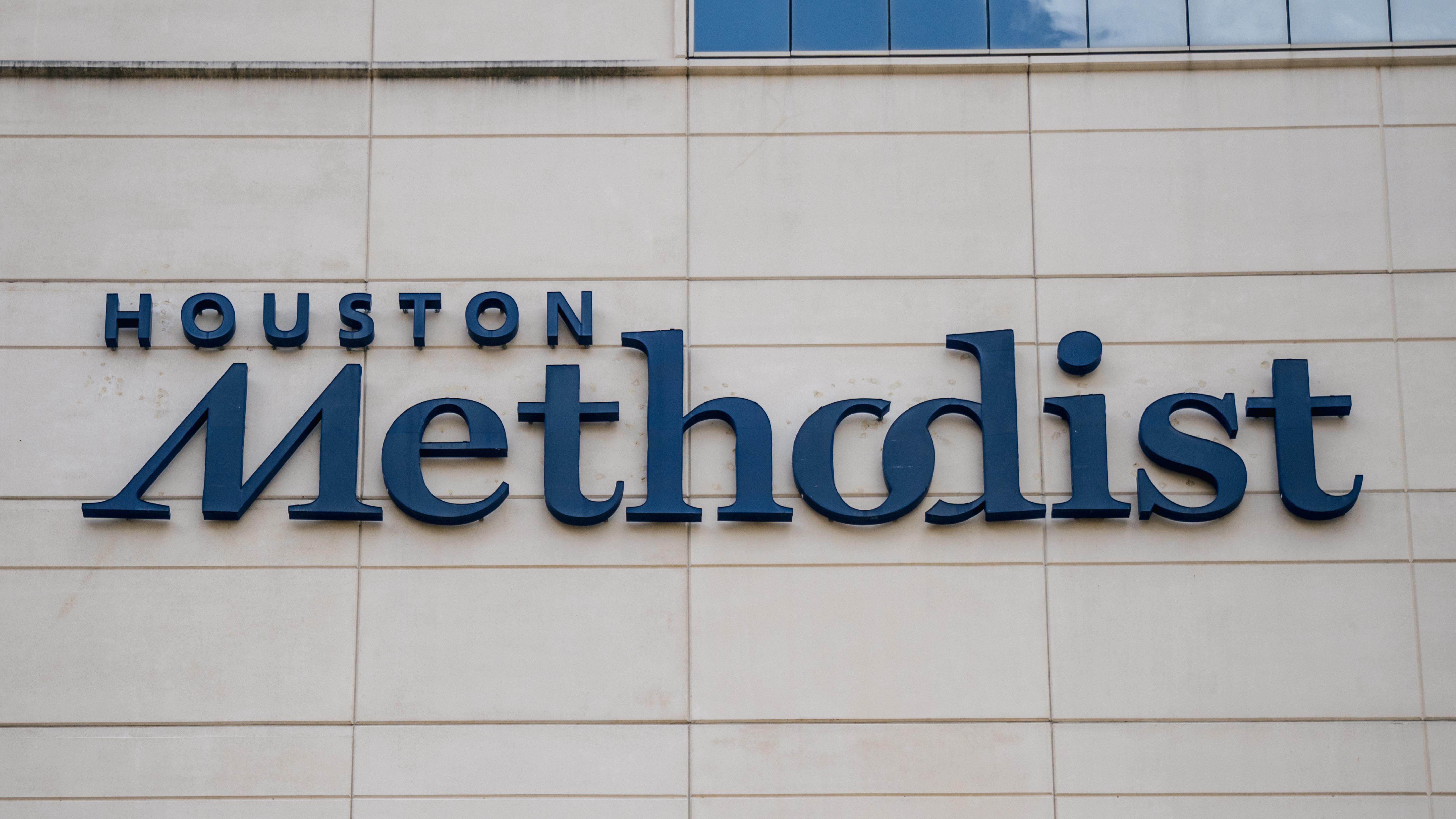The Delta variant is expected to become the dominant COVID strain in the United States within a matter of weeks, and there's concerns about the effectiveness of the one-shot Johnson & Johnson vaccine against it.
While the J&J shot may not be perfect, local health experts agree it's still better than no vaccine at all.
WATCH ANYTIME FOR FREE
Stream NBC10 Boston news for free, 24/7, wherever you are. |
”There’s a lot of people still vulnerable to the infection and the Delta variant is out there to infect those people,” said Dr. Mark Poznansky, of Massachusetts General Hospital.
There have been recent warnings about the latest COVID variant to emerge, with health experts saying it could reverse much of the pandemic progress that has been made across the United States -- something echoed by White House chief medical advisor Dr. Anthony Fauci on Wednesday when he called it the "greatest threat" to U.S. efforts to contain the pandemic.
Get updates on what's happening in Boston to your inbox. Sign up for our News Headlines newsletter.
Fauci said the variant has a doubling time of about two weeks.
”The Delta variant is extremely concerning given the fact that it appears to be the most contagious,” said Dr. Katherine Gergen-Barnett of Boston Medical Center.
More on the Delta Variant
The variant currently represents about 20-percent of newly-diagnoses infections in the U.S., Fauci said. Still, it's upending a return to normal in the U.K. and other places that have done a relatively good job reigning in the virus.
The variant, which first emerged in India, has quickly swept across the globe. World Health Organization officials said Monday that Delta has been found in at least 92 countries.
Dr. Mike Ryan, head of WHO's emergencies programs, said the variant is the fastest and fittest coronavirus strain yet, and it will "pick off" the most vulnerable people, especially in places with low COVID-19 vaccination rates.
Studies suggest it is around 60% more transmissible than the Alpha variant that emerged in the U.K. last fall and was already more contagious than the original strain that emerged from Wuhan, China, in late 2019.
”Look at Israel with a very high vaccination rate and they consider the Delta variant to be a variant of concern to their population,” Poznansky said.
Klugman says ”it’s a race between vaccination and the variant.”
The Pfizer and Moderna vaccines are still nearly 90-percent effective against the variant, as long as people receive both doses. The experts say the single-dose J&J vaccine remains a good option, as well, but it only works about 60-percent of time.
”This will protect them against getting very sick and being hospitalized and even dying from the Delta variant,” Gergen-Barnett said.
While New England has some of the highest vaccination rates in the nation, that’s not a guarantee of protection when comes to this variant or any others.
”This virus is going to grow where it can and whether it’s in Massachusetts or another state once it does it will spread here,“ Klugman said.
All the doctors agree: the best way to stop the spread of this variant and COVID-19 is to get vaccinated.
Fauci said the current vaccines in the U.S. are effective at protecting most people against the Delta and other variants. CDC Director Dr. Rochelle Walensky said the Delta variant is "hyper" transmissible, and she urged people to get vaccinated.
With growing calls to vaccinate, several hospital groups are debating a controversial issue, whether to implement a vaccine mandate for employees.
In Texas, more than 150 Houston Methodist employees are off the job for not following a hospital vaccine mandate. In Boston, none of the main hospital groups have a similar mandate, but now some are pushing to have one put in place.
"There is already a flu vaccine mandate in many institutions and many hospitals and I think this is even more important," said Dr. Paul Sax, of Brigham and Women's Hospital, who recently shared his support of a vaccine mandate on social media. "One of the responsibilities of taking care of patients is to make their lives as safe as possible."
The major hospital groups around Boston have high -- but not 100% -- rates of vaccination. Tufts says nearly 90% of its employees are vaccinated, while Beth Israel Deaconess estimates around 85% of its employees are, too.
Mass. General Brigham says 85% of its 80,000+ employees are vaccinated, and UMass Memorial says 76% of its 14,000 caregiver system has received the vaccine.
Those inside the medical community are facing some of the same questions as the general public.
"There are racial disparities and class disparities within the hospital about who has adopted vaccination and who is still hesitant about it," said Dr. Amir Moheb Mohareb with Massachusetts General Hospital. "But the right way to hit those disparities in my opinion is not to do anything that might be perceived as coercive, rather it's to invest in those communities that are hesitant, to understand why they're hesitant and to address their concerns."
Several of these hospitals say they are continuing to work with their employees to answer any questions they may have about being vaccinated.





